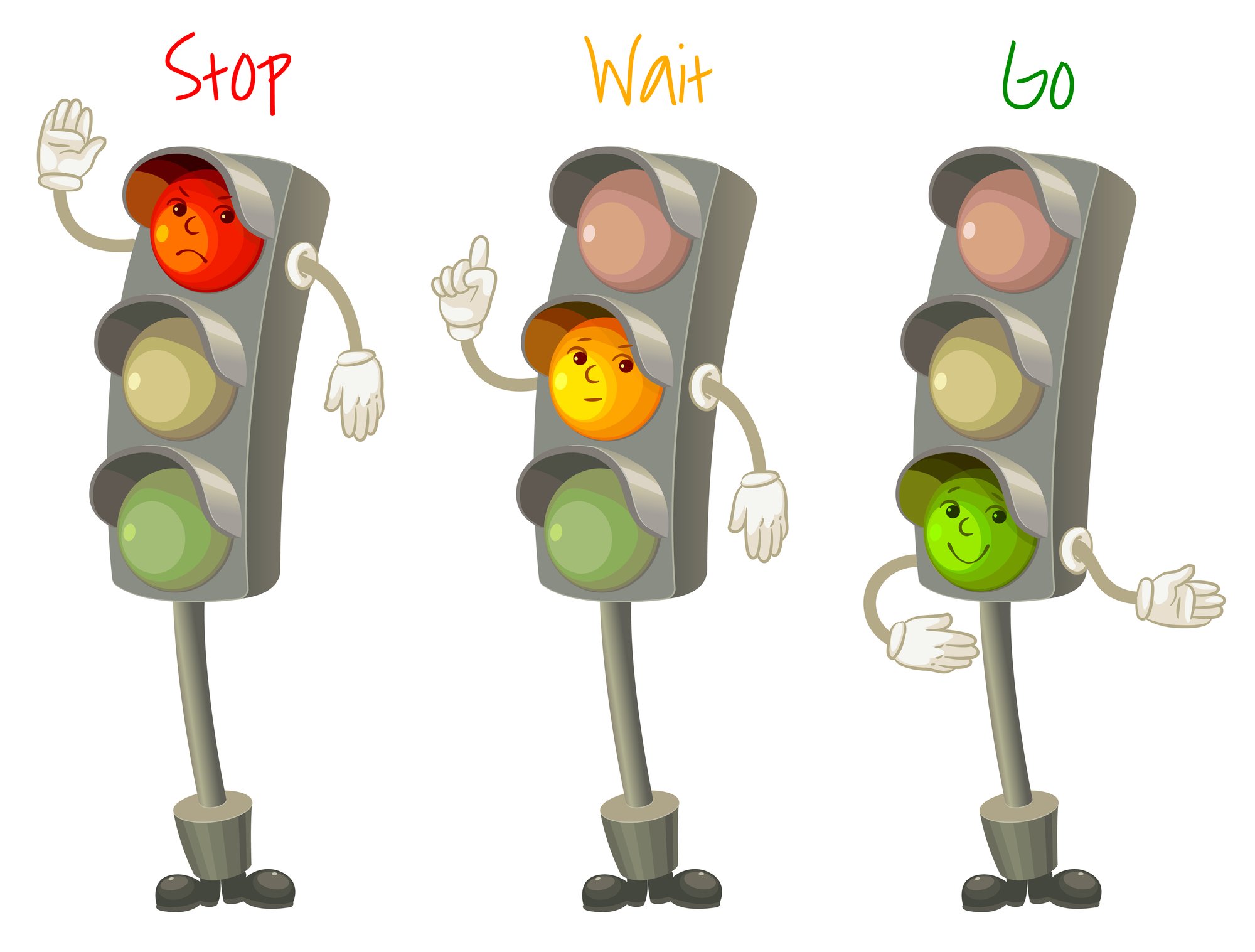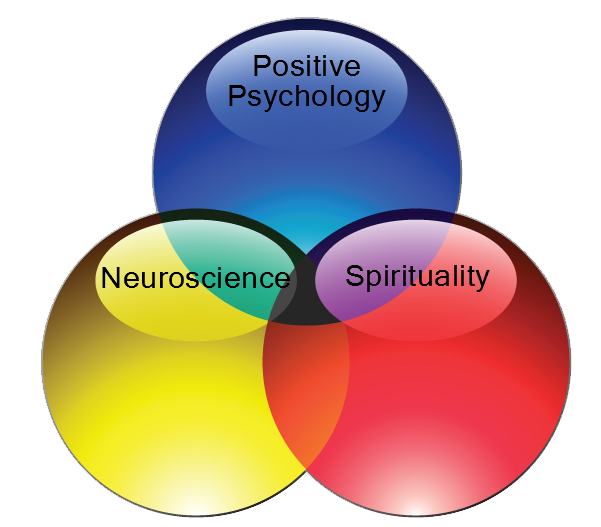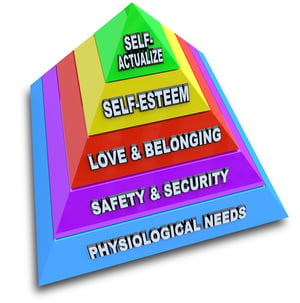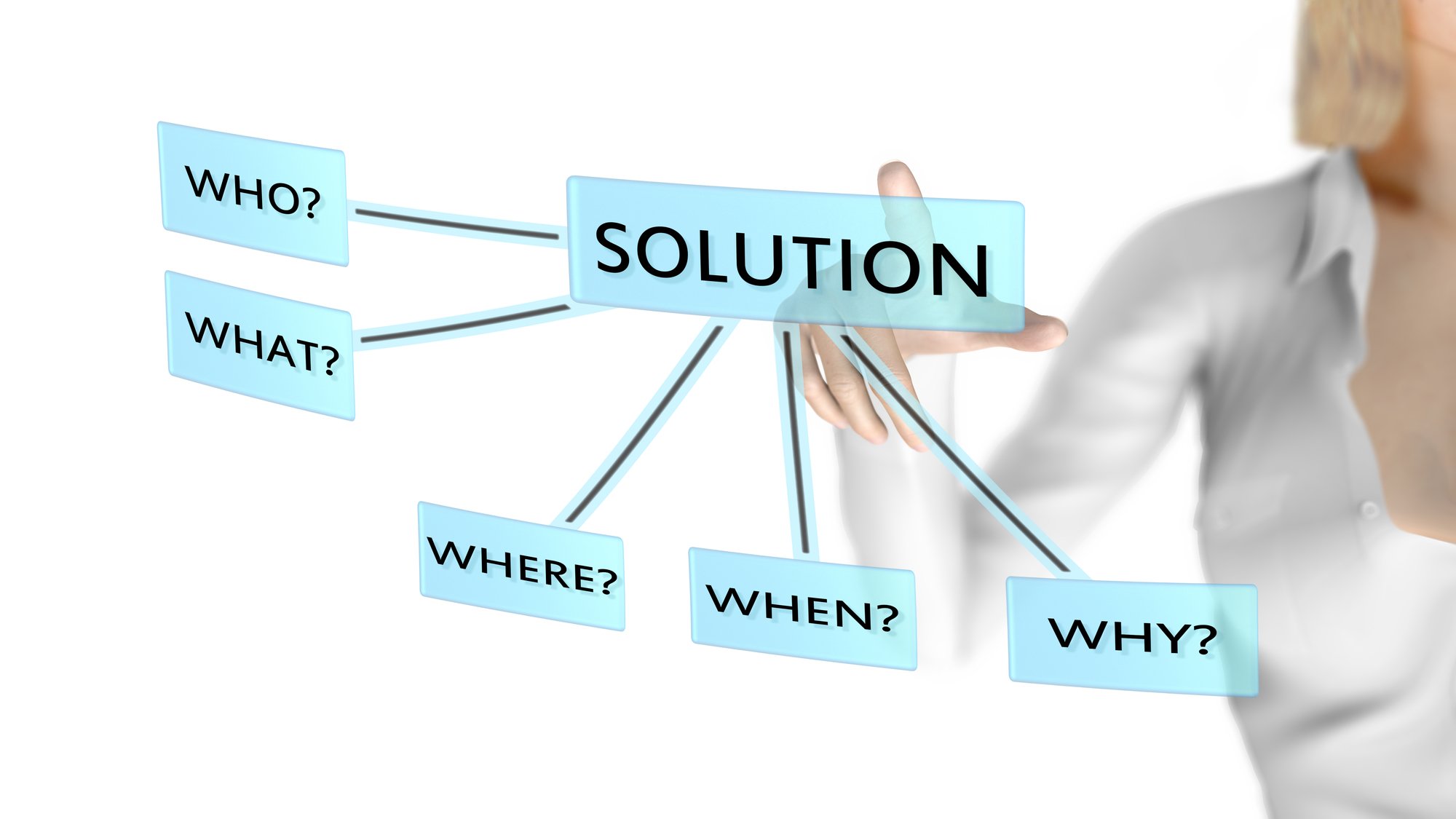There is an inherited trait known as Highly Sensitive Person (HSP), or Empath, that is common amongst coaches, especially master coaches.
According to research, 15-20% of all humans are born HSPs, as are 15-20% of all "higher" animals, such as monkeys. This suggests a survival value for the overall population. In other words, HSPs are needed by others. What's different about HSPs? We notice more and sense subtleties that others miss, process information deeply, are more empathic and emotional, and all of this can cause over-stimulation, overwhelm, and exhaustion. It's a blessing and a curse! However, if you're an HSP coach, it is a gift for you and your clients as long as you're aware of it and take especially great care of yourself and your sensitivity. To find out if you're a highly sensitive coach and how to optimize your sensitivity, read on...
Highly Sensitive Persons are impacted more intensely by both positive and negative environmental stimuli.
This means your self care, and who and what you surround yourself with, will have a more dramatic impact on you than on someone who is not an HSP. So to be a great coach, you need to take your well-being seriously. No wonder coaches love positive psychology!
Many of the qualities the ICF requires in their Master Certified Coaches (MCC), come naturally to HSPs. These include conscientiousness, deep connection and awareness, vulnerability, presence, curiosity, empathy, ability to notice more, intuition, deep listening, quick learning, ability to stay in the background while eliciting the client's greatness, allowing the client to lead, and regarding the client with Love 2.0.
BUT. Even if you are an HSP, these qualities are unlikely to show up if you don't practice wonderful self care and personal growth, because over-stimulation causes you to shut down and become irritable. Not conducive to great coaching!
Here are Self-Care Musts for the Highly Sensitive Coach:
- Rest and quiet are your biggest self-care priorities if you're a highly sensitive coach. This includes eight or more hours of sleep every night. Seriously.
- Get significant alone time. Especially if you're also an introvert, you need at least an hour per day to yourself to be your best.
- Learn to set boundaries. If you haven't mastered this yet, put it at the top of your to-do list.
- Keep your client load relatively small. Don't coach more than 10 - 20 hours per week. Less is more!
- Work with a functional medicine physician to optimize your health because the affects of illness, fatigue, and pain will negatively impact you more than others.
- Work with your own coach, especially an HSP coach, to be your very best.
- Develop a meaningful spiritual practice that helps you stay centered and open.
- Consider working with a psychotherapist if you had a difficult childhood. HSPs who grow up in negative environments are often prone to depression and anxiety which can harm your coaching and your quality of life.
- Screen potential coaching clients to avoid working with difficult people who will drain your energy.
- Do consider working with clients who are HSPs and need coaches who understand them.
- Avoid "energy vampires", especially narcissists. According to Dr. Judith Orloff, Empaths (HSPs) do particularly badly with narcissists because they don't understand how someone can thoroughly lack empathy. If you can't avoid them, at least learn how to handle them.
- Consider working from home. You'll avoid difficult commutes, large crowds, and noxious environments.
- Set up your office so it is ideal for you and your sensitivities. The more you put up with, the harder it is to coach brilliantly. And your clients deserve nothing less!
- Find a sales and marketing process that leverages your sensitivity rather than forcing you to be who you are not. HSP marketing and sales is an advantage in coaching, but only if you rely on your strengths. Don't let anyone tell you differently!
- Embrace your sensitivity along with its downsides and rejoice that you've found the perfect profession for you. Self-compassion for your extra-care needs helps you love and appreciate your self and your clients.
Want to take a quick test to confirm whether you're an HSP? Go here.
References for this post include research scientist and psychotherapist, Dr. Elaine N. Aron's updated book, The Highly Sensitive Person, and psychiatrist, Dr. Judith Orloff's book, The Empath's Survival Guide, The former will appeal to you if you want to know the research into HSP. The latter is more spiritual in nature and offers many practices to protect your energy.
Are you an HSP coach who wants to benefit from the power of positive psychology so you can flourish?























